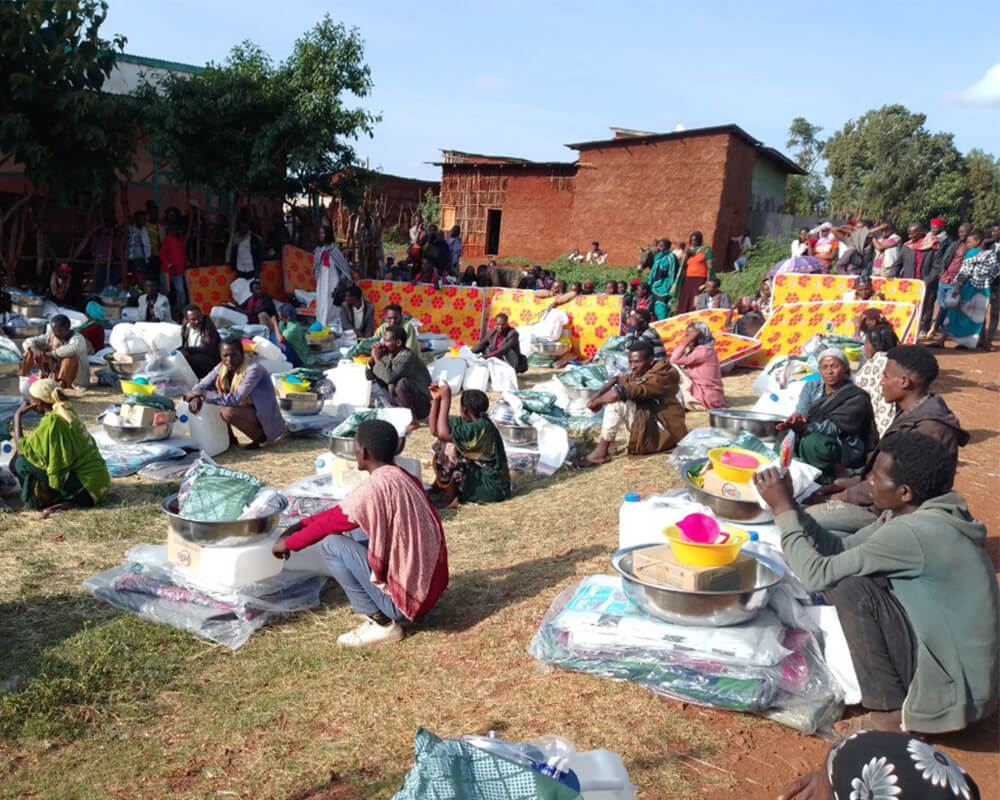ENSFI
An emergency shelter is a place for people to live temporarily when they cannot live in their previous residence, similar to homeless shelters. The main difference is that an emergency shelter typically specializes in people fleeing a specific type of situation, such as natural or man-made disasters, domestic violence, or victims of sexual abuse. A more minor difference is that people staying in emergency shelters are more likely to stay all day, except for work, school, or errands, while homeless shelters usually expect people to stay elsewhere during the day, returning only to sleep or eat. Emergency shelters sometimes facilitate support groups, and/or provide meals. Finding shelter is critical in times of disaster. Shelter outside of the hazard area could include staying with family or friends, seeking a hotel room, or staying in a mass shelter.
providing NFIs to those affected by natural disasters
Non-food items (NFIs) are items other than food. The term is especially used in humanitarian contexts, when providing NFIs to those affected by natural disasters or war may be a life-saving priority. Typically, they include essential household items such as blankets, food plastic sheets, buckets and other containers for water, cooking items and soap. Having access to adequate shelter and basic household items has far-reaching effects on a person’s living standard, as well as physical and mental wellbeing. In some situations of displacements, providing shelter assistance is life-saving. Other multi-sectoral effects of shelter include improvement to a person’s mental wellbeing, protection from adverse climatic condition, prevention from protection and security risks, and preservation of physical health.
Interesting Projects
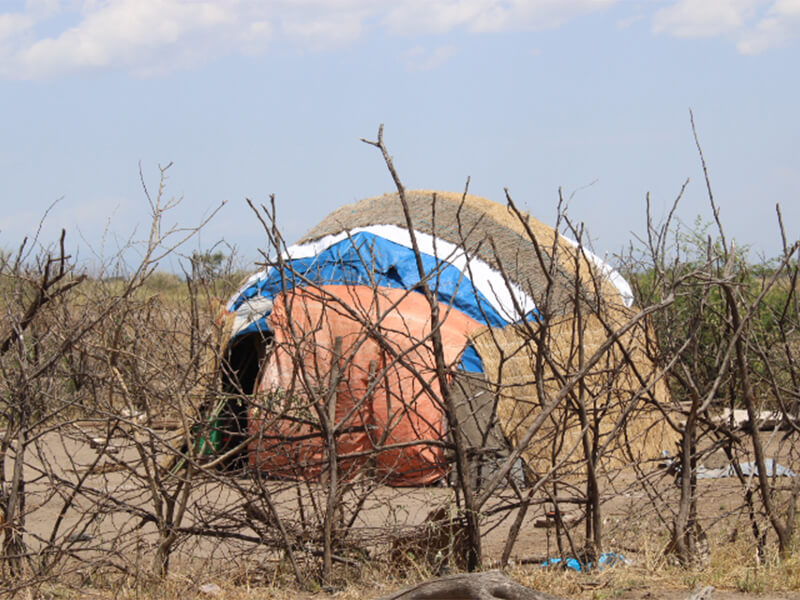
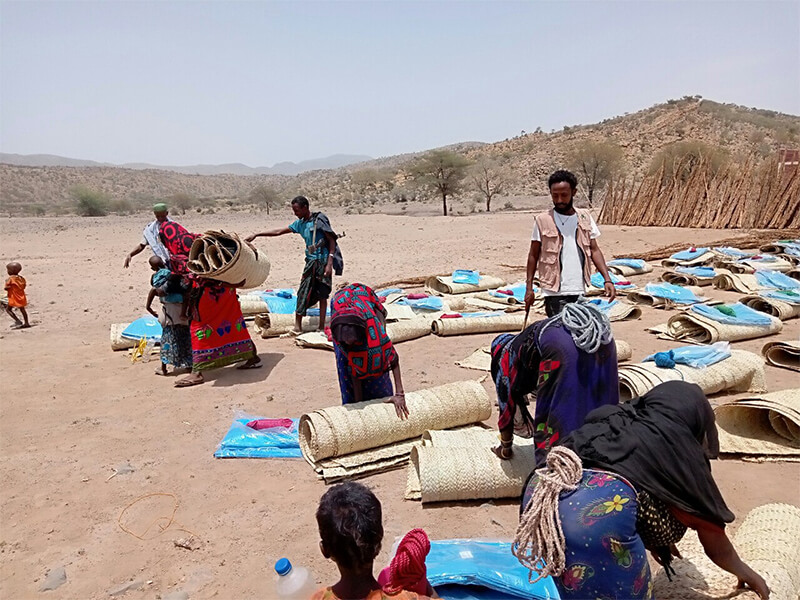
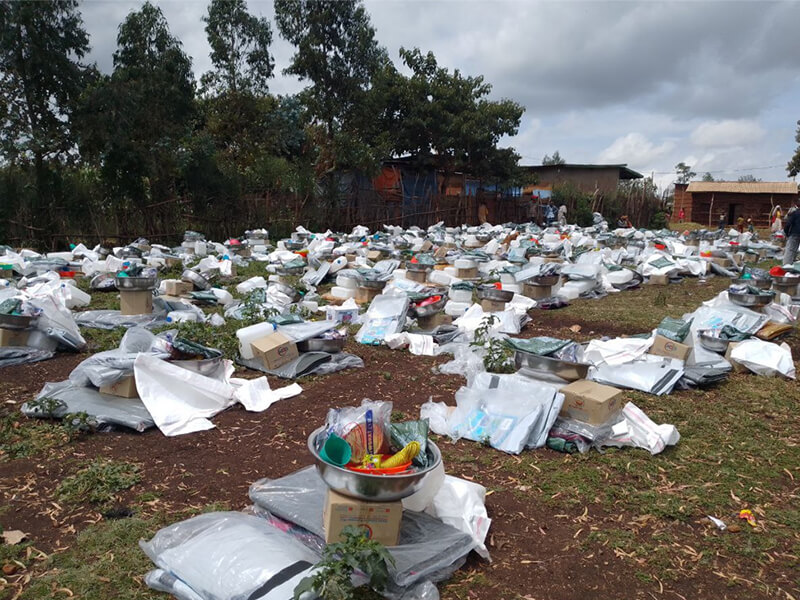
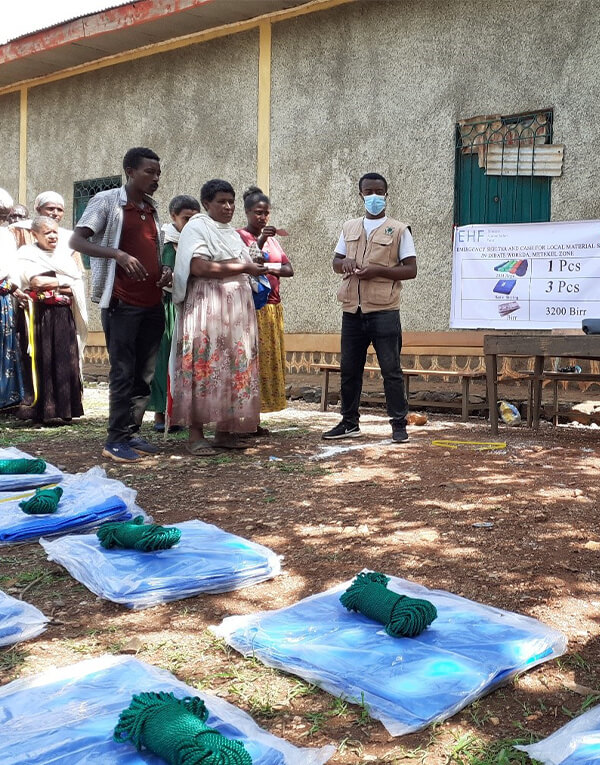

The Emergency Shelter/Non-Food Items (NFI) Cluster works to ensure that everyone has the right to adequate housing. The cluster brings together local authorities with UN agencies and NGOs in order to coordinate and improve the provision of emergency shelter and NFIs. The result is a harmonized effort to support affected Somali people to claim their right to adequate housing and live in dignified circumstances. Cluster members distribute NFIs, such as plastic sheeting, cooking sets, blankets, jerry cans, sleeping mats, sanitary items and shelter. The cluster provides minimum standards that guide members in the provision of NFIs and shelter-related interventions.In the first quarter of 2022, in Ethiopia the ESNFI Cluster with 41 active partners has reached over 525K displacement affected population, including IDPs and returnees across Afar, Amhara, Oromia, Somali, SNNP, Benishangul Gumuz, and Tigray regions. The response includes ENSFI in-kind or in-cash, NFI kits, Emergency Shelter Kits, shelter reconstruction, and repair support for the returnees. All in all the ESNFI Cluster has achieved 12% of its target for the 2022 response plan.
ASDEPO Providing Emergency Shelter and Non-Food Items Kit for IDPs and Host Communities
